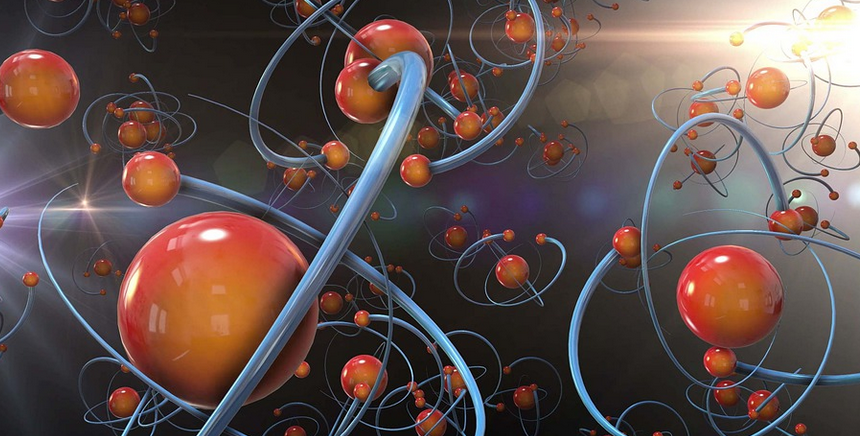Introduction
Lithium carbonate is a chemical compound with the formula Li2CO3. It is a white, crystalline powder that is commonly used in the production of lithium-ion batteries, ceramics, and glass. In this article, we will explore the chemical name for Li2CO3 and its applications in various industries.
What is the Chemical Name for Li2CO3?
The chemical name for Li2CO3 is lithium carbonate. It is a salt that contains lithium and carbonate ions. Lithium carbonate is an inorganic compound, which means it does not contain carbon-hydrogen bonds. It has a molar mass of 73.89 g/mol and a density of 2.11 g/cm3.
Applications of Lithium Carbonate
Lithium carbonate is widely used in various industries, including:
1. Battery Industry
Lithium-ion batteries are widely used in electronic devices such as laptops, smartphones, and electric vehicles. Lithium carbonate is a key material in the production of these batteries, as it is used to make the cathode material.
2. Ceramics Industry
Lithium carbonate is also used in the ceramics industry to produce glazes and frits. It is known for its ability to lower the melting point of glass, which makes it easier to work with in the production of ceramic materials.
3. Glass Industry
Lithium carbonate is used in the glass industry to produce special types of glass, such as lithium glass. This type of glass is known for its thermal and electrical properties, which make it suitable for use in high-tech applications such as LCD screens and solar panels.
Health Benefits of Lithium Carbonate
Lithium carbonate has been shown to have several health benefits, including:
1. Treatment of Bipolar Disorder
Lithium carbonate is commonly used to treat bipolar disorder, a mental health condition that causes extreme mood swings. It is believed to work by regulating the levels of certain chemicals in the brain.
2. Prevention of Dementia
Studies have shown that lithium carbonate may help prevent dementia and Alzheimer’s disease in older adults. It is believed to work by protecting the brain cells from damage and reducing inflammation.
Conclusion
In conclusion, lithium carbonate is a versatile compound that has many applications in various industries. It is also known for its health benefits, particularly in the treatment of bipolar disorder and the prevention of dementia. As our world becomes more reliant on technology, the demand for lithium carbonate is likely to continue to increase.

